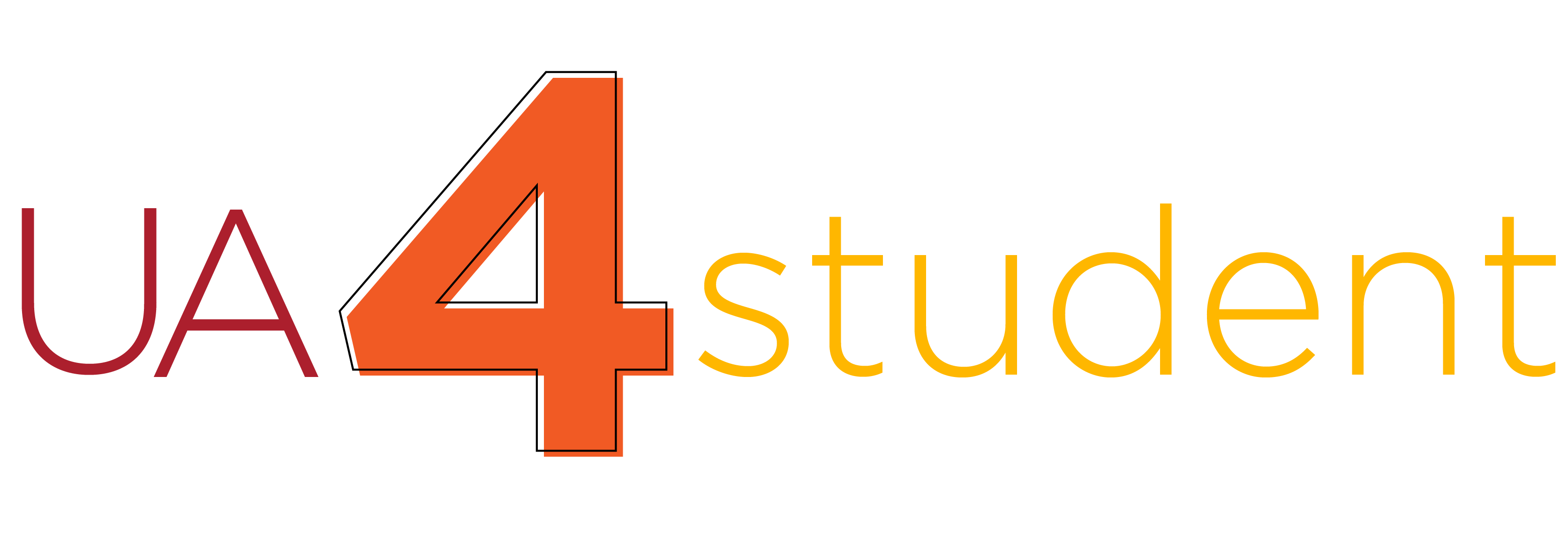
Asher Morgan
Staff Q & A
Pronouns: They/Them
Hometown: I am from Gosnell, AR. I was an Air Force kid, so I was born on Guam.
Title: Wellness Specialist
Years of Service: 13 total, 3 as a Graduate Assistant and 10 as a professional staffer
Education: I got my Bachelor’s and Master’s at Arkansas Tech University and my Doctorate at the University of Arkansas.
How long have you been at the University of Arkansas in Student Affairs? What have you enjoyed most about your time here?
I have been a staffer at Pat Walker Health Center for 10 years. One of my favorite things has been all the students, as cliché as that sounds. But watching them grow as people into who they are trying to become is the absolute best.
Tell us a little about your role in Student Affairs. What brings you joy in this role?
I am a Wellness Specialist with Wellness & Health Promotion. The best part of this role is helping and watching students discover who they are and who they want to be in this life. Also, I love myth busting what it is like to be an adult with them. The students really are so amazing and resourceful, but I have found that a lot of them have not had someone who would just tell them how things are in certain areas of life and to watch them soak up those conversations, even if the content is difficult, and grow is my favorite.
What is the greatest misconception people have about Student Affairs and how do you break that?
That we are all, in some way, contributing to the mental health of not just our students, but also our colleagues and those around us. There may be things that we think our students should know or be, or that we get frustrated with them for not knowing or being, but the bottom line is we are here to educate them in whatever form they are in. We talk about meeting them where they are, but that becomes difficult if they are not close to this imaginary assumption of where they are supposed to be. In addition to learning from us, I think we learn so much from them. This makes me feel old but students “these days” have had more access to information and perspectives their whole life than most staff ever did, with a small and growing percentage crossing over. We have to stop assuming that they do not know things because we did not know them at their age, and that they cannot innovate and problem solve. Those are now the tools that are students do not have, because just about every answer they have ever searched for has been at their fingertips. To break this we, as staff, have to take a step back and learn from them because traditional education is out. We have the knowledge and skills they need, but we have to re-create the way we present it to students. We have to be willing and open to changing and growing because they have.
What do you like to do with your time outside of the University?
I absolutely love springtime in Northwest Arkansas, except for the allergy issues, and getting back outside and being in nature once it starts to warm up. Being able to disconnect from the outside world and all the noise for a bit and just settle into myself, with or without my family and all of our dogs. Speaking of dogs, there are four of them and they keep us on our toes all the time. I have also been trying to teach myself how to do an Ollie on a skateboard.
What do you hope students and colleagues will remember about your interactions?
That I was always there to listen when needed, as well as a voice for those who either felt they did not have one or who were not yet strong enough to use their own. That regardless of the situation they were always met with compassion, empathy, honesty, and integrity even if they did not always like what I had to say.
Is there anything else you would like to add or let our readers know?
Covid changed everything for all of us. We have all been through and are still trying to function in a collective trauma. Regardless of how or how close it hit you, there is not one person who has not been impacted in their own individual way. We have to take the competition out of stress and anxiety, because we all have it in our own individual and subjective way. Your students and your colleagues are probably not ok, but they are trying really hard to be for one another and each other in their own ways. The students want to be here, and they want to get to have the college life just as much as their faculty and staff want to be able to give and educate and advocate. I think we need a collective understanding and compassion for one another that will lead to a culture of self-care that will be the only thing that gets us through to whatever comes next. I feel the students are ready and open to working to define whatever that “next” may be, the question is are faculty and staff ready to examine where things could improve from before and then do the work to make it happen.
